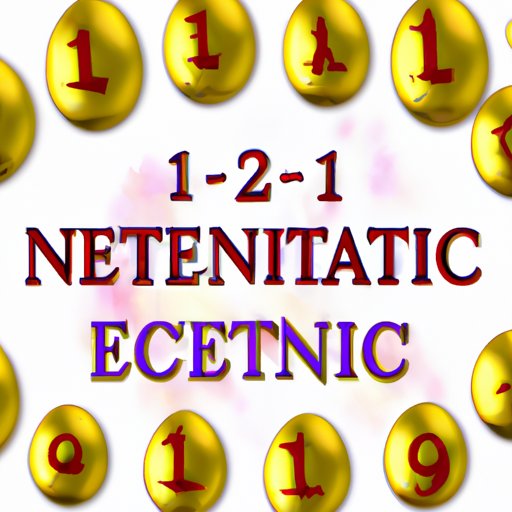Why Does Easter Change Every Year But Christmas Does Not?
Easter and Christmas are two of the most important holidays for Christians around the world. While Christmas falls on the same date every year, Easter is celebrated on various dates each year. If you are new to Christianity, you may be wondering why Easter and Christmas are scheduled so differently. In this article, we’ll explore the reasons behind this difference.
Roots of Easter and Christmas
Easter and Christmas are both Christian holidays, but their origins are different. Christmas marks the birth of Jesus Christ, which is celebrated on December 25 every year. In contrast, Easter is a commemoration of Jesus Christ’s resurrection from the dead on the third day after his crucifixion. The date of his resurrection is calculated using a lunar calendar, meaning Easter falls on a different date each year.
Religious Significance of the Holidays
For Christians, the religious significance is the centerpiece of both holidays. The date for Christmas is set because the birth of Jesus is believed to have happened on a specific date. When it comes to Easter, the date of the resurrection of Jesus is calculated relative to the first full moon of the vernal equinox, which is why the date can vary significantly each year.
Traditions and Holiday Dates
As traditions have evolved over time, they have been incorporated into how holidays are celebrated. Christmas has become a more secular holiday, which decreases the need for an exact date. Easter, on the other hand, has many traditions incorporated into its celebration, such as Lent or Holy Week, which last for specific periods in the lead-up to Easter Sunday. This can make a fixed date difficult, as the lead-up period changes each year.
Historical Factors
The date of Easter has been determined by many different factors and events throughout history. The Council of Nicaea in 325 CE established the liturgical calendar used today by most Christian churches. This calendar is based on the phases of the moon and the vernal equinox and allows for a specific date of Easter. The historical factors behind the date of Easter are quite complex.
Dependence on Faith
Different sects of Christianity use different solar or lunar calendars to determine the date for Easter. For example, the Eastern Orthodox Church uses the Julian calendar, while most other Christian churches use the Gregorian calendar. By using different calendars, there is no shared consensus on the specific date or even month for Easter. This, combined with the influence of traditions, can lead to the fluctuation of Easter dates.
Conclusion
The variable date of Easter can be confusing, but it is determined by rooted traditions, cultural and historical factors, and faith-based calendars. Understanding these factors can lead to a better appreciation of the deep significance of Easter and the complexity of how its date is determined. Regardless of when it is celebrated each year, the message and meaning of the holiday remain steadfast. Share this newfound understanding with others and appreciate not only the holidays themselves but also the factors behind their dates.
